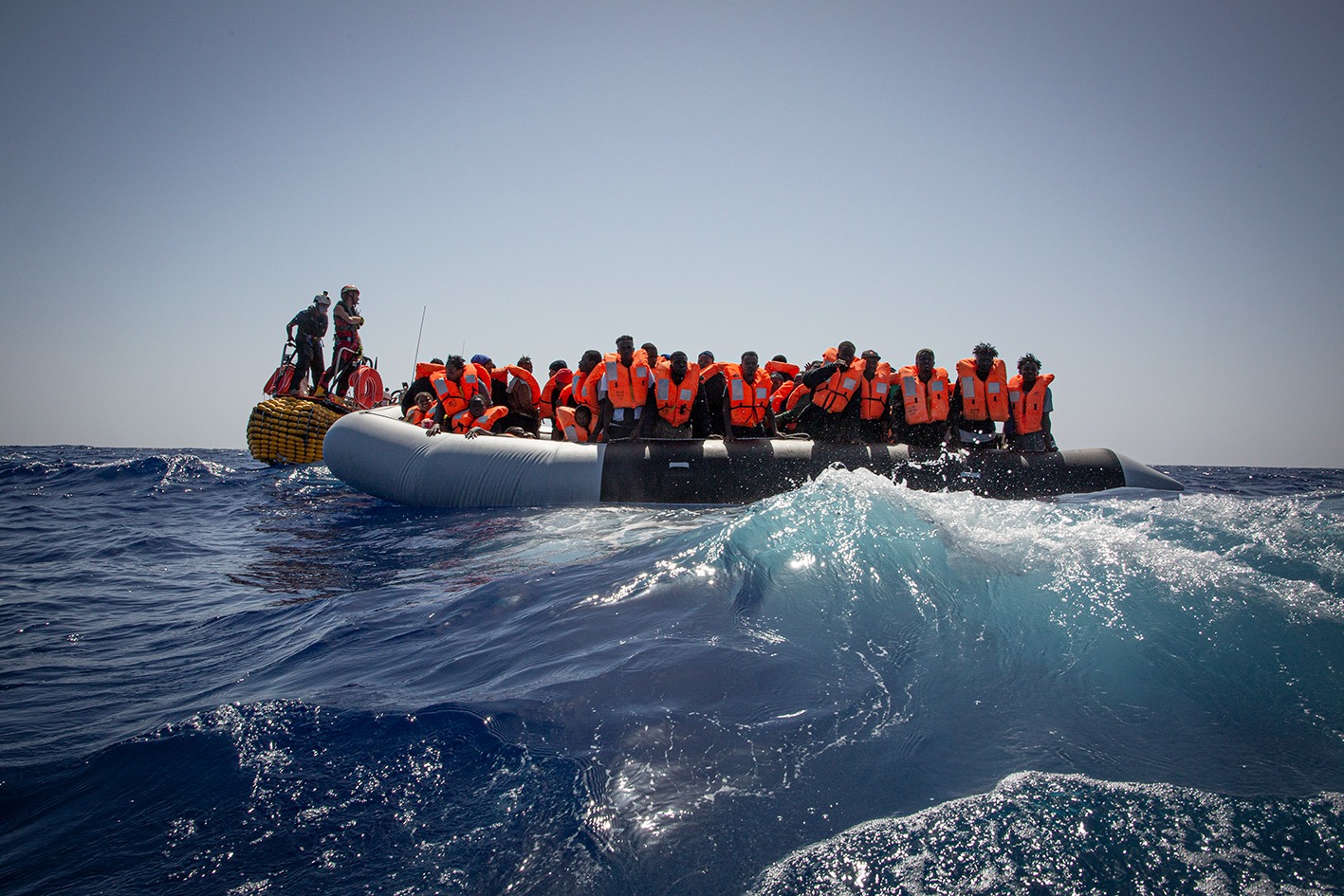NATIONAL SECURITY ISSUES
- Reporters Without Borders (RSF) stated that the chaotic situation in Libya has made the country extremely dangerous for journalists and media outlets. RSF’s North Africa representative, Khaled Drareni said the situation in Libya is particularly difficult for media professionals. He urged the international community to take a firm and strong stand on the need to safeguard press freedom, in the face of threats and pressure on journalists from armed groups.

- The Libyan National Army (LNA) concluded on Wednesday a series of large-scale military exercises, involving two of its combat forces known as Tariq bin Ziyad Brigade and the 106th Majahfal Brigade. The exercises took place at Masous, an eastern Libya village located 130 km on the southeast of Benghazi, and were attended by LNA’s General Commander Field Marshal Khalifa Haftar. According to a statement by LNA’s General Command, live ammunition were used in the tactical exercises, which aim to “raise the combat competencies of the armed forces units.”
- The International Organization for Migration (IOM) had organized a 2-week training on Maritime Safety in Tripoli, announced the organization. According to IOM, the training aimed to “equip Libyan officials involved in Search and Rescue operations with a better understanding of safety concepts (occupational safety, rescue swimming) and their implementation.”
- An armed group at Tripoli’s Mitiga Airport on Monday, September 5, forcibly prevented 30 members of the House of Representatives (HoR) from leaving the capital to Benghazi to attend a session of the House. HoR has issued a statement condemning the incident of preventing the MPs from traveling from Tripoli to Benghazi to attend HoR’s official session. “This act represents a disruption of the work of the Council and prevented it from exercising its duties to reach the presidential and parliamentary elections,” the statement said.
- 238 migrants on board a fishing boat arrived in Lampedusa on Sunday evening (September 04) after they left from Zuara in Libya the night before, Italian news agency Ansa reports. According to Ansa, the migrants are mostly Egyptians, Syrians, Bengalis and Palestinians, and almost all are of young age.
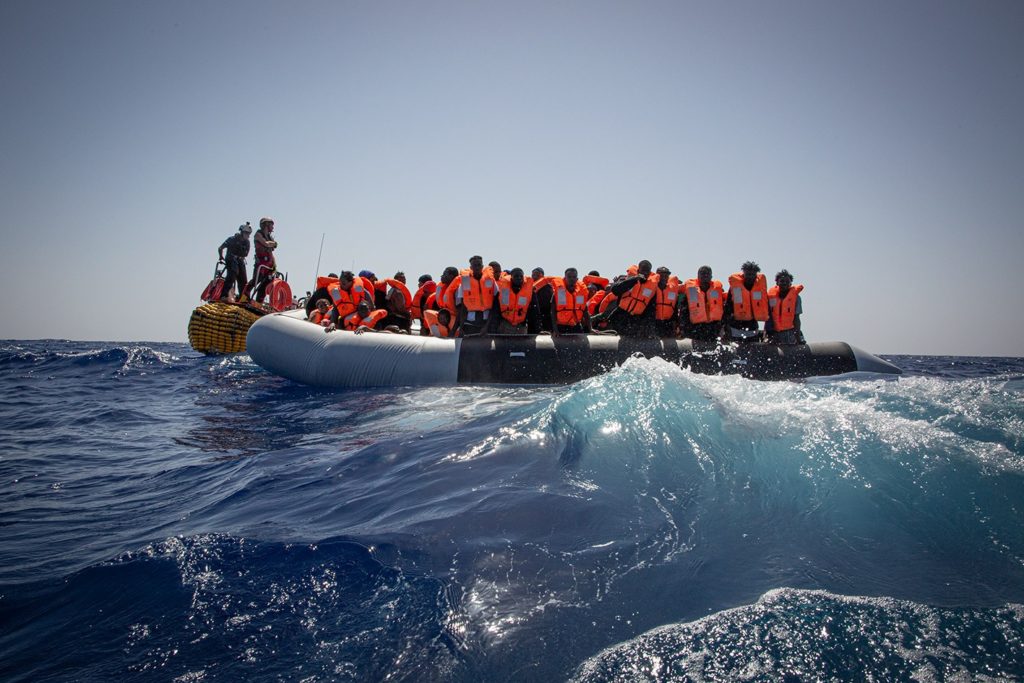
NATIONAL POLITICS AND SOCIAL ISSUES
- The Speaker of Libya’s House of Representatives, Aguila Saleh, met on Sunday with the Emir of Qatar, Sheikh Tamim bin Hamad Al Thani, in Doha ti discuss the latest developments of the situation in Libya. Saleh’s visit to Doha comes two days after the Prime Minister of the Government of National Unity, Abdul Hamid Dbeibeh, met with the Qatari Emir as well. This is the first meeting between the Libyan speaker and the Qatari ruler. In past years, the Libyan parliament accused Qatar of supporting armed groups opposing to the East Libya-based assembly, an accusation denied by Doha.
-
U.S. Ambassador and Special Envoy to Libya, Richard Norland, has said his country “joins the UN and international partners in calling for all sides in Libya to engage in dialogue and work in good faith on a credible roadmap for early elections, according to US Embassy in Libya.” “I reaffirmed this objective in my Sept 6 call with Libyan High National Elections Commission (HNEC) Head, Emad Sayeh, in which we agreed that it is imperative for elections to proceed without delay,” Norland pointed out. Norland joined by US Deputy Assistant Secretary for North Africa Joshua Harris travelled to Berlin Sept 8-9 for talks with international partners on joint efforts in support of peace and stability in Libya, the Embassy tweeted.
- Italy has reaffirmed its “commitment to supporting an inclusive path to elections” during two days of discussions about the crisis in Berlin this weekend, according to Italian Envoy Nicola Orlando. Orlando and other diplomatic representatives of the U.N., U.S., U.K., Germany, France, Egypt and Turkey have reiterated their rejection of “instability and unilateral actions” in Libya, according to a tweet by the Italian envoy.
- The Chairman of Libya’s High National Election Commission (HNEC), Imad Al-Sayeh, held a meeting on Thursday with representatives of the United Nations and the International Foundation for Electoral Systems (IFES) to discuss technical procedures to develop systems for the country’s electoral process, according to a statement by the HNEC.
-
U.S. Ambassador and Special Envoy to Libya, Richard Norland, has extended “congratulations to Libya upon assuming the chairmanship of the Arab League, which continues to play an important role in international efforts to stabilize Libya,” according to US Embassy in Libya. “Particularly after recent clashes it is evident the status quo is unsustainable and it is incumbent on all external and internal actors to move toward presidential and parliamentary elections as soon as possible,” The Embassy said in a statement via twitter.
- Outgoing Libyan Prime Minister Abdul Hamid Dabaiba is obstructing granting entry visa to the German diplomat Christian Bock, the Director-General of Political Affairs and the German Special Envoy to Libya, private sources told the Libya Update. The purpose behind Dabaiba’s action is to hinder German efforts to launch a new political initiative to solve the political stalemate in Libya, according to the sources.
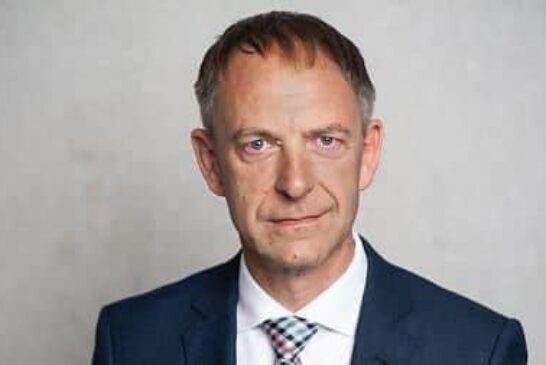
-
Libya’s outgoing prime minister, Abdul Hamid Dbeibah, stressed the importance of agreeing to unify the international stance towards a clear roadmap that includes the holding of elections. The remarks came in a meeting with Italian Ambassador Giuseppe Buccino in Tripoli. A statement issued by Dbeibah’s government said the Tripoli-based premier referred to the necessity of issuing the constitutional basis and finding popular legitimacy for it so that the electoral process is based on a sound foundation.
- The Libyan Government led by Fathi Bashagha has issued a statement rejecting presidency of the 158th session of the Arab League Council at the ministerial level by the outgoing government of Abdul Hamid Dabaiba. “With this action, the League violates its acclaimed role of full solidarity with the state of Libya in its crisis, and the recognition of the Libyan Government as the sole legitimate representative of the Libyan people,” said the statement of the government led by Fathi Bashagha. “Such measures threaten the stability and unity of the country and represent a bias towards a political party that its mandate has expired and lacks legal legitimacy,” it pointed out.
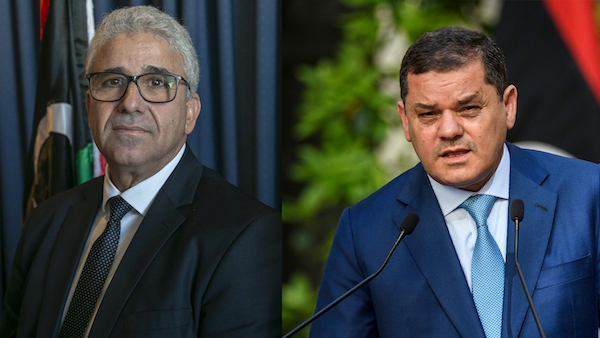
- Abdullah Al-Lafi, the Deputy Chairman of Libya’s Presidential Council, held talks on Monday, September 05, with Qatari Ambassador, Khaled Al-Dosari, to discuss developments in the political process in Libya. According to a statement by the council, the two reviewed “Arab and international efforts to end the political crisis, and ways to reach a date for holding elections that the Libyan people aspire to. “During the meeting, Al-Lafi stressed upon “the importance of continuing the peaceful path to overcome the political deadlock. For his part, Al-Dosari “praised the efforts of the Presidential Council in communicating with all political parties to end the Libyan crisis”.
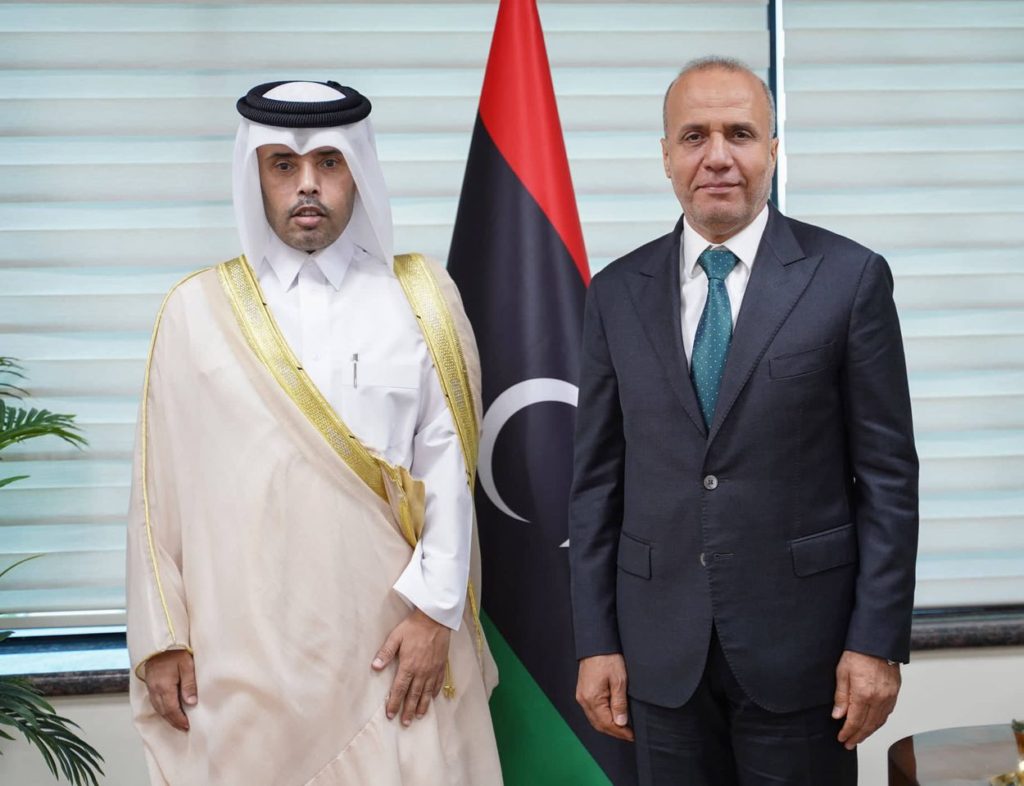
- The Chairman of Libya’s Presidential Council, Mohamed Menfi, held talks on Sunday, September 04, with Italian Ambassador to Libya, Giuseppe Buccino, to discuss the latest political and security developments the country. According to a statement by the council, both sides discussed “bilateral relations, the security and military situation in the country in general and especially in the capital, Tripoli”. Buccino conveyed the condolences of Italian President Sergio Mattarella over the victims of recent clashes in Tripoli.
INTERNATIONAL RELATIONS
- Western countries are trying to address the political deadlock in Libya during second day of talks in Berlin. Present in the meeting were diplomatic representatives of the international group known as P3+2+2, which include France, Germany, Italy, the United Kingdom, the United States, in addition to Turkey and Egypt. According to the German Foreign Office, “Germany hosted the Berlin Process on Libya in support of the UN efforts to bring sustainable peace.” “Together with our partners, we remain committed to continuing these efforts. Today we welcome the UN and P3+2+2 Libya Envoys here in Berlin for discussions,” the German Office added via Twitter.
- Libya’s rival leaders have each paid tribute to Britain’s Queen Elizabeth II after her death on Thursday, September 8. Abdul Hamid Dbeibah, who remains internationally recognized as Libya’s leader despite end of his government’s mandate, offered his “sincere condolences and sympathy to the British Royal Family and its people on the death of Queen Elizabeth II.” “The Queen has always been a symbol of the unity for her country and the service of her people,” Dbeibah stated via Twitter.
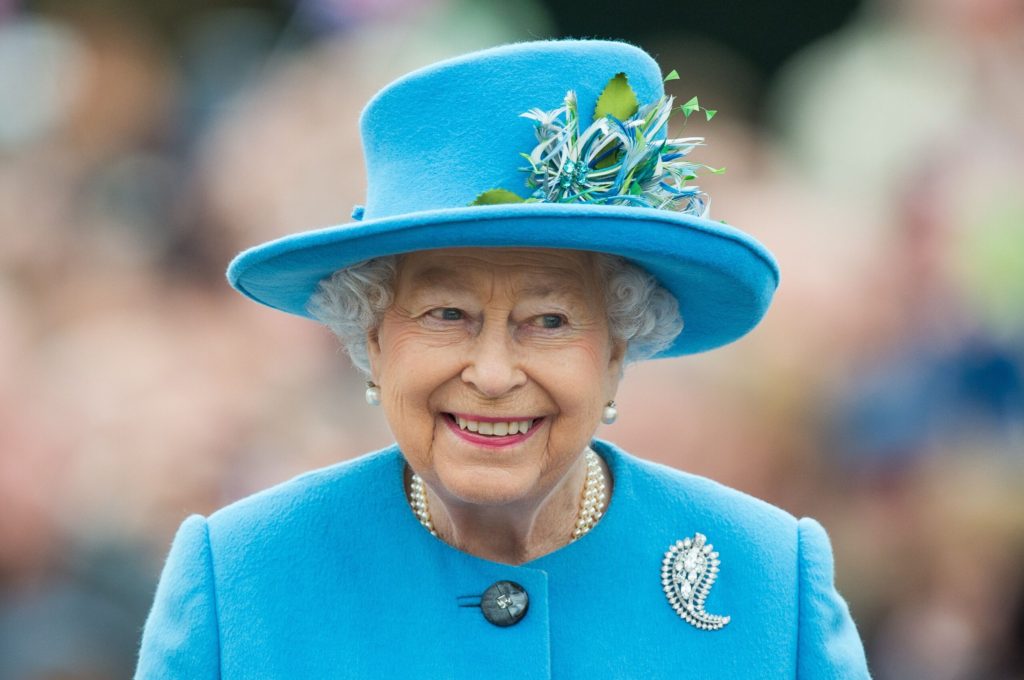
- Representatives of China, France, Germany, the United Kingdom, Russia and the United States held a meeting on Thursday, September 8, in the German capital to discuss the Libyan crisis, revealed the Presidential Council. The two-day meeting kicked-off Thursday evening and will continue on Friday, according to a statement by the council following a meeting between its deputy chairman Moussa Al-Koni and Italian Ambassador Giuseppe Buccino Grimaldi. According to the Presidential Council’s statement, European, international and Arab parties will “possible exits that would allow an end to the current stalemate in Libya.”
- The Chairman of Libya’s Presidential Council, Mohamed Menfi, met on Thursday, September 8, with a delegation of social leaders from the country’s eastern region of Cyrenaica to discuss a wide range of issues. According to a statement by the council, Menfi and the Cyrenaica delegation held talks about elections, national reconciliation, and the return of the internally displaced. The council stated that “members of the Cyrenaica delegation affirmed their full support for the steps taken by the chairman of the Presidential Council, which aim to unify institutions, especially the military.”
- Egyptian Foreign Ministry said that its withdrawal from the Arab League session came after the Foreign Minister of the Libyan outgoing government, Najla Mangoush, assumed the presidency of the session. The Egyptian Ministry added in statements to Al Arabiya TV that its position on the Libyan government headed by Abdel Hamid Dabaiba is that its legitimate mandate had expired. The Ministry explained that Cairo “has reservations about recognizing the government of Abdel Hamid Dabaiba, whose legitimacy had expired.”

